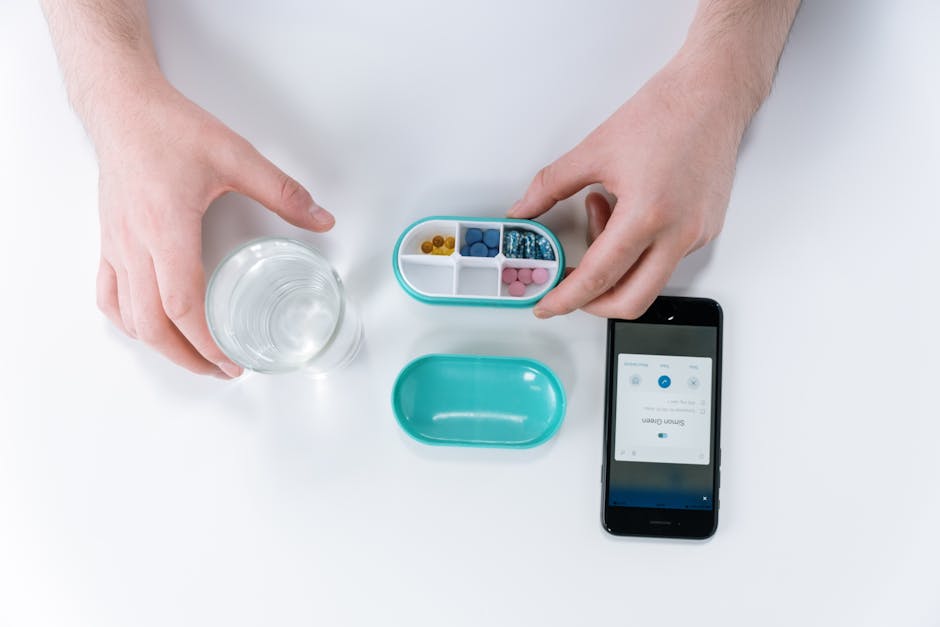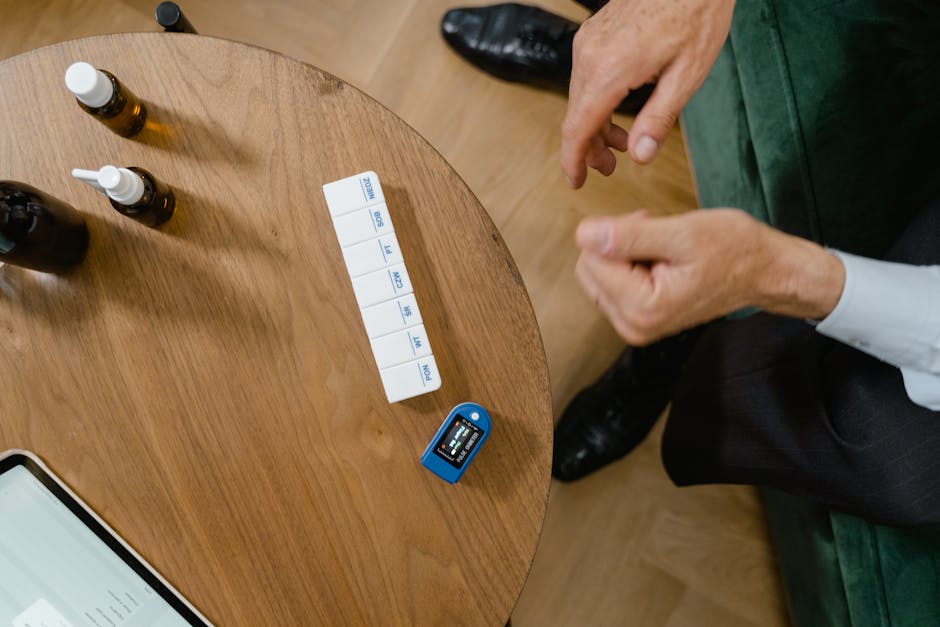How Medication-Assisted Treatment (MAT) Is Evolving: New Medications, Regulations, and What It Means for Recovery in Kentucky
Medication-Assisted Treatment (MAT) is not just a buzzword in addiction recovery—it’s a lifeline that continues to adapt to science, policy, and community needs. At CommonHealth Recovery, right here in Frankfort, Kentucky, we have witnessed these changes firsthand, and we’re committed to helping people understand what the MAT evolution means for those seeking a better future in our state.

What Is Medication-Assisted Treatment (MAT) and Why Is It Important?
MAT is a comprehensive approach that pairs FDA-approved medications with counseling and behavioral therapies. Unlike older models that relied solely on talk therapy or willpower, MAT acknowledges addiction as a complex disease—one that affects brain chemistry and requires both biological and emotional intervention. It is now the gold standard for opioid use disorder (OUD) and is highly effective for alcohol use disorder (AUD) as well.
- MAT helps normalize brain chemistry and block the ‘high’ from opioids or alcohol.
- It reduces cravings and prevents withdrawal symptoms that so often lead to relapse.
- Counseling and case management are integrated, addressing the root causes and the everyday challenges of recovery.
New MAT Medications and Delivery Methods: What’s Changing?
One of the most exciting advances in Kentucky’s addiction treatment landscape is the growing range of medications and how they’re delivered. At CommonHealth Recovery, our clinicians stay updated and are certified to prescribe the most up-to-date FDA-approved MAT options:
- Suboxone (buprenorphine/naloxone): An effective option for most opioid dependencies, taken as a film or tablet under the tongue. It reduces withdrawal and cravings without causing the high associated with opioid misuse.
- Sublocade & Brixadi: Monthly or weekly injectable buprenorphine. These long-acting medications remove the need for daily dosing, which can increase adherence. They provide consistent medication levels and lower the likelihood of misuse.
- Vivitrol (naltrexone): An extended-release monthly injection that blocks the effects of opioids and alcohol. This is also a valuable tool when abstinence is the primary goal and can be prescribed for both OUD and AUD.
This evolution toward extended-release and injectable options means:
- More convenience for people with busy schedules
- Reduced risk of daily pill fatigue or missed doses
- A lower potential for diversion or misuse

Kentucky’s Regulatory Changes: What Do They Mean for Access?
Kentucky has worked to align state policy with best practices by expanding Medicaid and insurance coverage for MAT. Here are some critical updates impacting recovery right here in Frankfort and beyond:
- All FDA-approved forms of MAT—oral, sublingual, injectable—are covered by Medicaid and most Medicare and commercial plans.
- Methadone (for OUD only) requires specific clinic certification but is now easier to access across the state thanks to policy shifts.
- Programs must bundle MAT with counseling, case management, and regular medical review.
This broader coverage means:
- Fewer barriers for people in rural, low-income, or uninsured populations
- The ability to switch medications if one doesn’t fit your needs
- Continuity of care for patients who move, lose jobs, or transition between insurance plans

How MAT Is Practiced at CommonHealth Recovery in Frankfort, KY
For us at CommonHealth Recovery, evolving our MAT practices is about more than keeping up with policy and medication—it’s about helping real people rebuild their lives one step at a time. Our approach includes:
- Comprehensive assessment—physical, psychological, and social—to tailor a recovery plan
- Same-day or rapid access to MAT for those in crisis, especially for Medicaid and Medicare patients
- Regular medical reviews, ongoing medication management, and dose adjustments
- Integrated outpatient and Intensive Outpatient (IOP) options—both in-person and virtual—to support long-term recovery
- On-site and virtual counseling, group therapy, and access to case management to help with transportation, housing, legal matters, or employment barriers
We also provide full support for DUI assessments and court-mandated programs, all within the same model of evidence-based MAT plus support services.
The Impact: What Real Recovery Looks Like in Kentucky
The changes in MAT mean that more Kentuckians are:
- Entering treatment quickly without being turned away due to insurance issues or waitlists
- Staying in treatment longer thanks to improved medication options and personalized care
- Returning to work, school, and family life faster—with stability and support
- Reducing legal troubles and staying out of emergency rooms
- Finding hope even in the face of multiple relapses or chronic struggles; relapse is addressed swiftly, compassionately, and without shame
How to Access MAT in Kentucky: Your Step-by-Step Guide
- Call or email a qualified clinic like CommonHealth Recovery to schedule an intake assessment. We accept Medicaid, Medicare, and nearly all commercial plans.
- Complete a biopsychosocial evaluation with our licensed counselors to determine the right medication and therapy mix for you.
- Start MAT as soon as you’re ready; for most people, prescriptions or injections are available same-day after assessment.
- Participate in required counseling and case management (all included) to stay supported during every phase of your recovery.
- Make use of telehealth medicine and virtual IOP options if you can’t come to the clinic regularly.
Frequently Asked Questions About MAT in Kentucky
- Is MAT just substituting one drug for another? No. Each medication is selected to block the cravings and withdrawal effects while minimizing the risk for misuse, abuse, or euphoria. Plus, counseling helps manage the behavioral and emotional roots of addiction.
- Can my insurance cover MAT? Yes, Medicaid, Medicare, and most private plans cover MAT, including all forms—oral and injectable.
- How long does MAT last? It’s personal. Some need MAT for a few months, others benefit from maintenance for years. You and your care team decide together as you progress.
- Can I do MAT remotely? Yes. Telehealth and virtual IOP mean you can get high-quality care from home anywhere in Kentucky.
Our Commitment: Continuously Evolving With You
If you or someone you care about in Kentucky is struggling with opioid or alcohol dependency, there has never been a better time to explore MAT. With new medications, improved regulations, and more supportive counseling and virtual options than ever before, you are not alone—and your recovery is possible.
If you have questions, want to verify insurance, or are ready to take the first real step, we invite you to reach out to our team at CommonHealth Recovery. We’re here with expertise, compassion, and a commitment to walking every step of this journey alongside you.




0 Comments